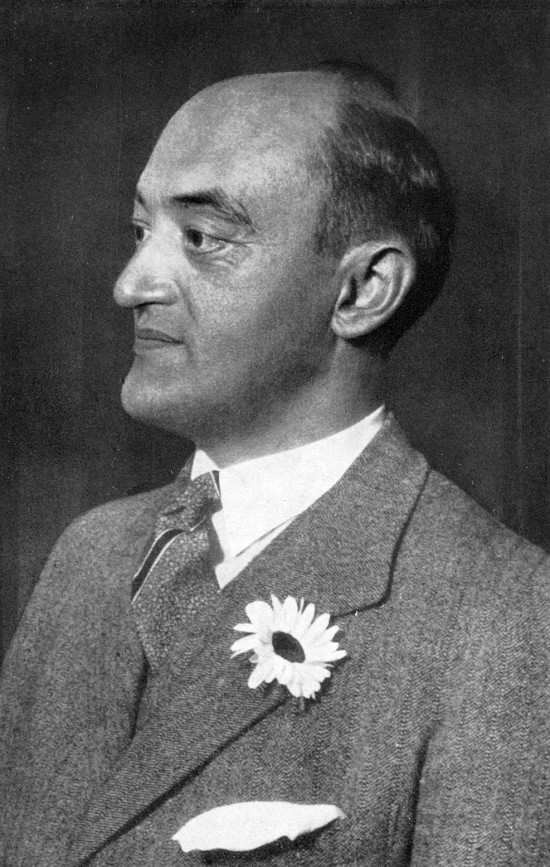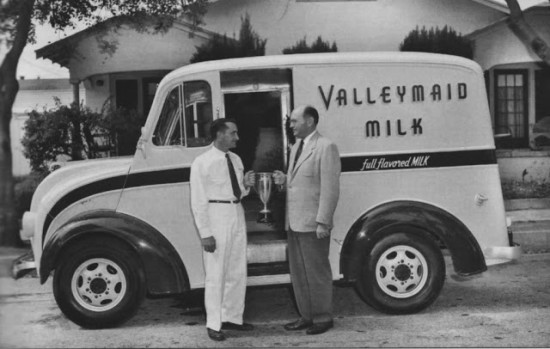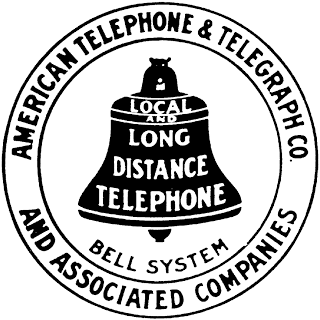“Is sweating healthy?”
Never one to be without an answer, I said, “Yes!” And then, “At least I think so.” And then I looked it up. It turns out sweating is useful but it’s not healthy in the sense that it will make you live longer. The primary purpose of sweating, my research says, is to cool down the body when it is overheating. Ideally, the sweat evaporates, thus cooling the skin. (In humid climates, this evaporation is reduced, which is why it takes longer to cool down in Florida than it does in Arizona.)
So I guess the answer is, “No.” But sweating does feel good when I’m exercising. And if it feels good, it could mean the body wants me to keep doing it because it is healthy.
Plus, I read synopses of scientific studies that show that saunas have proven health benefits. Saunas are hot. And you sweat in saunas. So I’m not ready to accept the research. Let’s say this: When you are overheated, sweating is necessary. And since saunas are healthy, maybe sweating is too.
Here’s a good plot for your next TV true crime script… It happened on the Hudson River.
Angelika Graswald and her fiancé, Vincent Viafore, were kayaking on the Hudson River when he disappeared into the white water. She called 911. The police came. Her fiancé had drowned, apparently because someone had removed a plug from the boat and a locking clip for the paddle, the lack of which caused the boat to capsize and the fiancé to drown.
But then, in talking to the cops, the 37-year-old said that “it felt good knowing he was going to die.”
Huh?
In the days after Mr. Viafore’s disappearance, according to the police report, Ms. Graswald “behaved in ways that struck some who knew the couple as unusual, singing “Hotel California” at a local pub and using social media to post selfies and a video clip that showed her doing a cartwheel.
The police also said that, during a lengthy interrogation with investigators, she said that she knew she was the beneficiary of two life insurance policies belonging to Mr. Viafore and stood to receive a total of $250,000.
Her lawyer, Richard A. Portale, argued that she was coerced by investigators and that there was a language barrier between Ms. Graswald, a native of Latvia, and the police.
My Former Partner’s Amazing Transition
Myles warned me that if I kept writing essays encouraging employees to start their own businesses some of them would leave to do that… including some of our best people. He was right about Tom… and Tim and Josh. They all had great-paying and exciting jobs with one of the financial publishing groups but left to do their own thing last year. Contrary to what I’ve always suggested, they started a business that was considerably different from the one they knew.
I wished them the best but feared the worst. In fact, they made it work. And now Tom, who was a great writer, is writing about it in a daily blog, which I find to be riveting. Here’s an example:
From:
The corner of Federal and Atlantic
Thursday, 10:25 a.m.
Picture this.
Tim and I are in Dunkin Donuts. We’re about to meet two very successful businessmen from the aluminum industry. At this point, we have no clients. And no revenue.
This is our big chance.
We have printouts. I have a sales pitch in my head. I even bought a limited edition OneBlade razor as a gift to help seal the deal.
We’re going to ask for $1,500 per month.
Gulp.
Then a funny thing happens…
The men walk in. We make our pitch. They say “okay” like we’re offering a coffee refill.
And then THEY pitch US.
My friends and I jumped through The Portal and into The Unknown of kitchen table entrepreneurship 12 months ago. We started with nothing. No capital. No knowledge. No experience. No business model.
Just the username and password to an Internet course that promised to teach us how to make money online.
It was a decision of pure faith.
Now, here in The Unknown, we’re having a great adventure. We’ve picked up treasure. We’ve overcome obstacles. We’ve had to fend off scary monsters. We’ve noticed something else about The Unknown too…
There are magical creatures and friendly spirits everywhere that help you along your way.
We started off in this business generating leads for aluminum screen enclosures. We spent months trying to make it work. Terrible business. But it led us to meeting these two men at Dunkin Donuts.
“We’ve got another product we want your help with,” says one of the businessmen. “It’s got nothing to do with aluminum screen enclosures, but it’s a national product. And it’s very popular. Can you generate leads for that?”
“Uh, sure,” we said. “We can try.”
Today, we call these two businessmen “Client #1.” Generating leads for their national product is our most important project. It launched our business. And we’re making nearly $15k a month from them.
Total luck. But that’s what happens in The Unknown.



